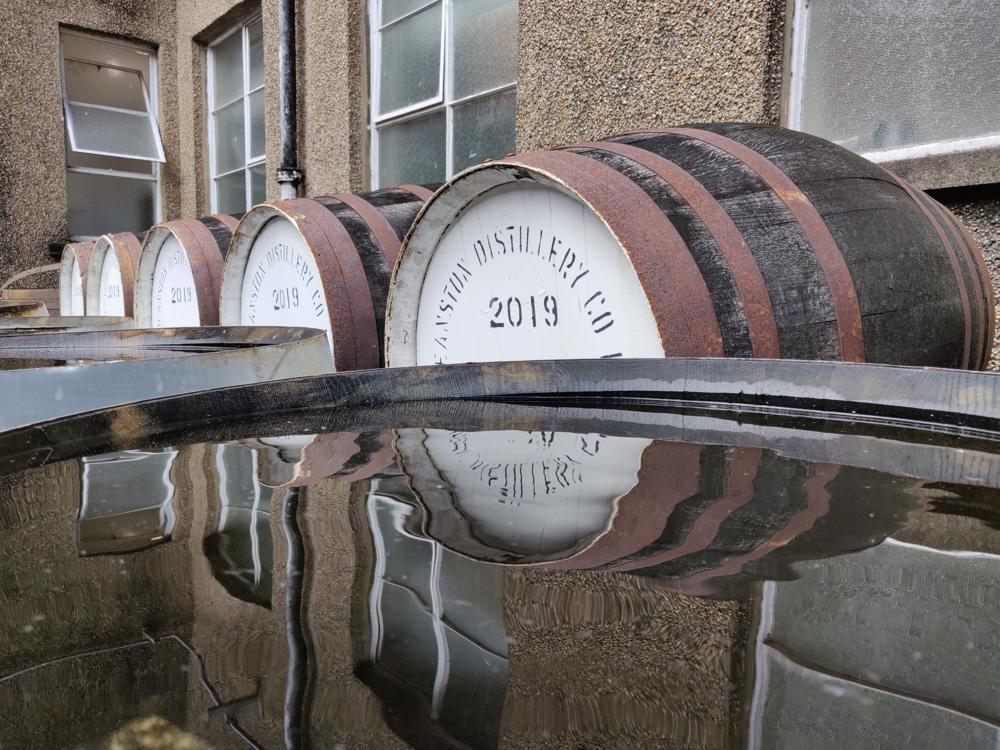Whisky and Water
Published July 22, 2020

An interesting question and common debate on the topic of whisky is water. If you dilute your whisky with a few drops of water, you are not revealing yourself as a bar bully, but as a real expert. The water ensures that a flavor-imparting substance remains on the surface of the drink and thus conveys the smoky character of the whisky to the taste receptors of the drinker. Swedish researchers Björn Karlsson and Ran Friedman from the Linnaeus University Center for Biomaterials Chemistry report this in the scientific journal Scientific Reports.
For a really good whisky, among other things, the exact manufacturing process and the choice of the right wooden barrel are important. According to the authors, the famous smoky taste, particularly of Scottish varieties, is mainly due to individual chemical compounds. Among other things, phenols contribute to this, especially a substance called guajacol.
The two chemists used computers to simulate which compounds guaiacol and water form at different alcohol concentrations. The result: up to an alcohol content of around 45 percent, guaiacol tends to remain at the interface between liquid and air - and has a particularly strong influence on the smell and taste of the whisky. However, if the alcohol content rises to 59 percent or more, the flavor-imparting substance sinks deeper into the glass.
Cask Strength Whiskies
If you have bought a cask strength whisky, these whiskies are characterized by even more intense and complex flavors, the alcohol content in the whisky can be 50 to 65% ABV. Sometimes too much to be able to enjoy pure whisky, because the taste buds are numbed and the taste experience is distorted. Here it can make sense to reduce the spirit to drinking strength by adding water. On occasion even some Scotch whiskies at regular strength 40% ABV, the taste experience can be refined by pouring water into the whisky glass and suddenly perceived more intensely and completely differently.
Test first with small amounts of water
Ideally, you should experiment with a few drops until the perfect personal taste is achieved. Through the so-called “unlocking” of the whisky, completely different flavors can be perceived in the whisky, which were previously hiddenparticularly behind peat smoke, or strong sherry spice notes. In order not to accidentally pour too much water into the whisky glass at once, the use of a whisky pipette is recommended. In addition, only suitable nosing glasses, such as the Glencairn glass, should be used for whisky tasting.
Remember to be careful when diluting, there is often a very fine balance between improvement (“dilute to taste”) and ruining the drink (“dilute to waste”).
Previous

